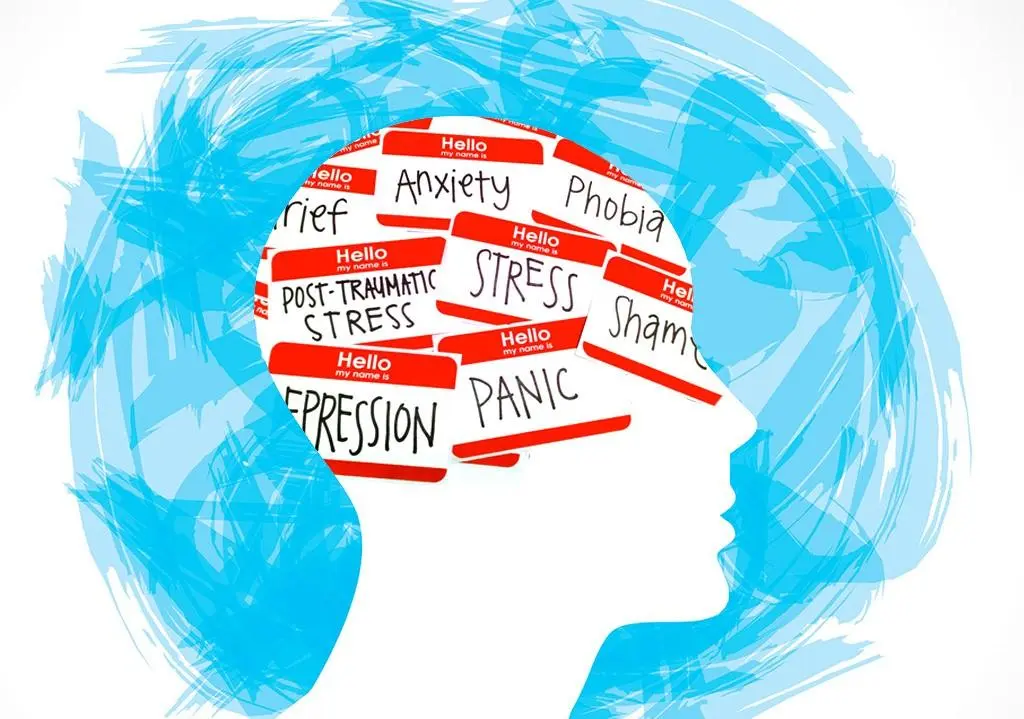“Everyone is entitled to their own opinion” is a phrase you’ve likely heard many times throughout your life. It’s generally accompanied by a lesson on kindness and tolerating opposing perspectives. And this messaging is by no means wrong. It is, however, frequently misinterpreted in a way which stifles intellectual honesty and prevents further exploration of important ideas.
It is not uncommon for people to default to “it’s just my opinion” during a discussion or debate. The phrase is used as a defense, a way to defend an argument which is under attack. It attempts to negate your opposition on the basis of a perceived failure to respect your right to an opinion. The issue with this is that it uses a line of reasoning which is clearly faulty. Essentially what it argues is as follows: one has a valid right to hold an opinion, therefore all opinions one holds are valid. This logic simply does not hold up to scrutiny. For example, let’s say someone believes that women should be treated as second class citizens. Do you respect that opinion? Do you respect racist ideas because the holder has a right to believe them? The fact that it is an opinion should not and does not protect it from criticism.
Another important concept to consider is the difference between respecting a person and respecting their ideas. To believe that opinions are protected from dissent because they are opinions is to believe that it is impossible to criticize an idea without criticizing the person who holds it. The problem with this is that it demonizes opinion-based discussion. If we say that there is no line between criticizing a person’s idea and criticizing them, that to challenge a viewpoint is to disrespect the person, we assert that all forms of intellectual disagreement are inherently disrespectful and bad. In reality, we need to disagree, debate, and challenge ideas. It’s how we think critically about the world around us and expose flaws in the rhetoric we hear. Debate should not be seen as something negative. In fact, it should be encouraged.
In my experience, people use the “it’s my opinion” defense for one of two reasons. The first is that they feel attacked and want the conversation to end. This is perfectly fine! It’s okay to not want to have to constantly defend your beliefs. A good, logical alternative to declaring that it’s just your opinion is to explain that you don’t wish to continue the conversation and change the subject. The second reason is generally that the person feels that they are losing the argument. It happens as a way to lend credibility back to an argument which the speaker is having a difficult time upholding. If you find yourself in this situation, remember that it’s okay to be wrong. It’s okay to change what you think. Ask yourself why you believe what you uphold and if you can’t figure it out, maybe it’s best to consider other ideas. Any belief worth holding is one which can be justified. Like the civil rights poet Gill Scott-Heron said, “The first revolution is when you change your mind.”
To conclude, I’d like to reiterate that you do have a right to an opinion. So does everyone else. However, that doesn’t mean your beliefs are free from critique. It doesn’t mean it’s unkind to respectfully disagree. Remember that your own opinions are not fact and be open to changing them. No idea is ever beyond questioning, including your own.


